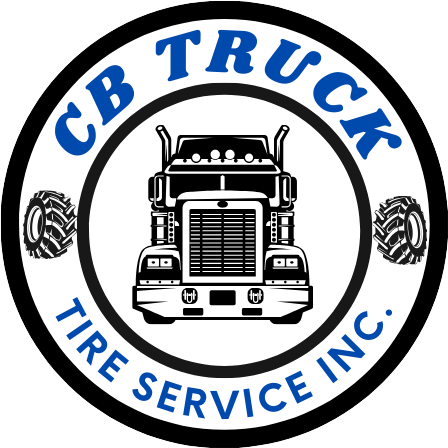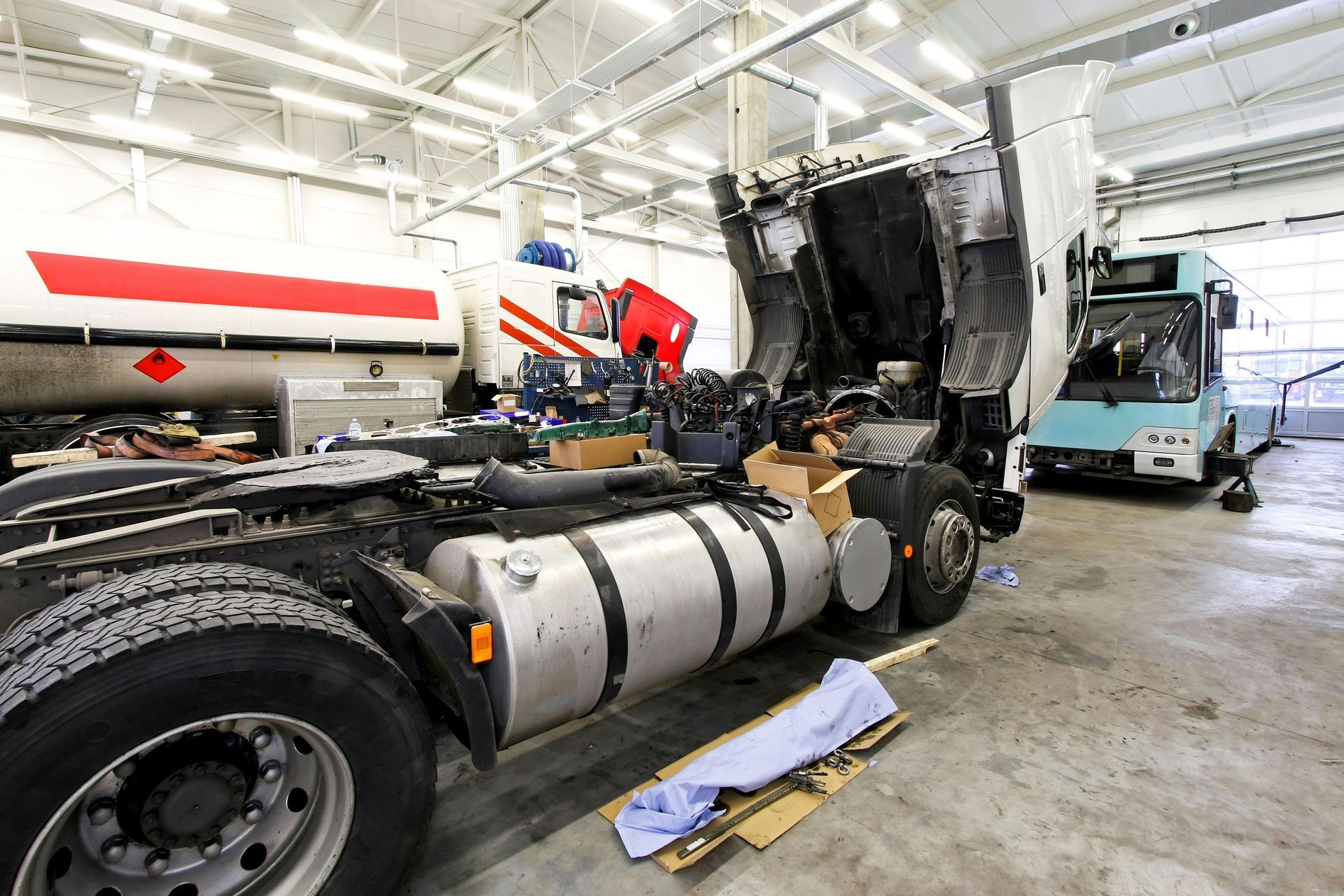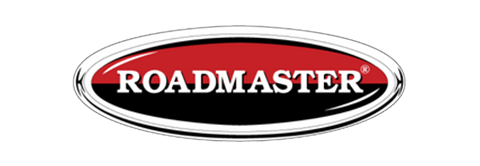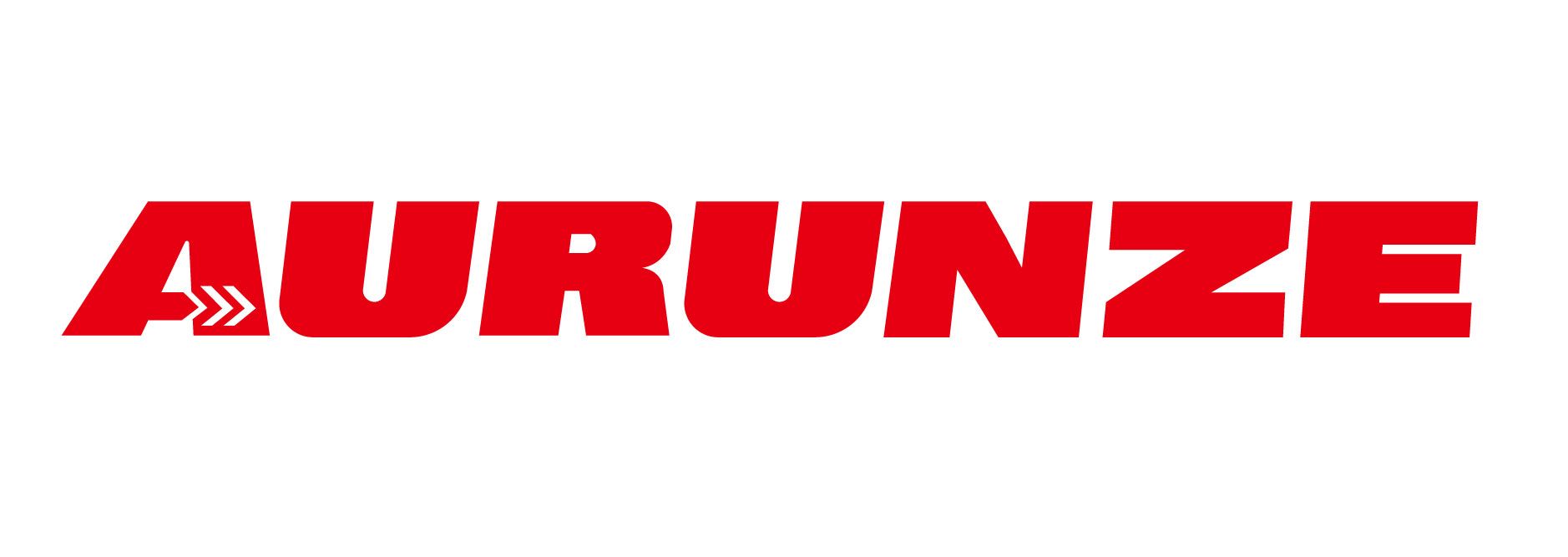November 12, 2025
Fuel efficiency is one of the most important considerations for vehicle owners today. Rising fuel costs and environmental concerns have made it essential for drivers to look for ways to maximize every drop of gas. While many people focus on engine maintenance, aerodynamics, or driving habits, one often overlooked factor can have a significant impact on your fuel economy: your tires. Tire performance plays a crucial role in how efficiently your vehicle consumes fuel, and regular tire maintenance can make a noticeable difference in your wallet and carbon footprint.
Many drivers underestimate how something as simple as proper tire care can affect fuel efficiency. Underinflated or worn tires increase rolling resistance, forcing your engine to work harder and burn more fuel. Similarly, misaligned tires can create uneven wear patterns, further reducing efficiency. Regular attention to your tires not only enhances your vehicle’s performance and safety but also helps you save money over time. Discover five ways tire services can directly boost your vehicle’s fuel efficiency and why they're an essential part of responsible vehicle maintenance.
Maintaining Proper Tire Pressure
One of the most straightforward ways to improve fuel efficiency is by ensuring your tires are properly inflated. Every tire has a recommended pressure level, typically listed in your vehicle’s manual or on the driver’s side door frame. Maintaining this pressure reduces rolling resistance, which is the force resisting your tires as they move across the road. Lower resistance means your engine doesn’t have to work as hard, consuming less fuel in the process.
Regular maintenance, including pressure checks and adjustments, can reveal underinflated or overinflated tires, both of which negatively impact fuel efficiency. While underinflated tires are the most common culprit, overinflated tires can reduce traction and cause uneven wear, which might also slightly reduce fuel economy.
According to the National Highway Traffic Safety Administration, properly inflated tires can save up to 11 cents per gallon of fuel. While that might not seem like much for a single tank, the savings accumulate over time, especially for drivers who log hundreds or thousands of miles each year. Professional tire services make it easy to maintain optimal pressure, translating directly into lower fuel costs.
Rotating Tires Regularly
Tire rotation is another key service that contributes to better fuel efficiency. Rotating your tires involves moving them from one position on your vehicle to another, typically following a specific pattern recommended by the manufacturer. This practice ensures even tire wear, which prevents certain tires from becoming overly worn or underperforming.
Uneven tire wear increases rolling resistance in some areas, making your engine work harder to maintain speed. This inefficiency can subtly decrease your fuel economy over time. By rotating your tires during regular tire services, you maintain a balanced grip and consistent resistance across all four tires, promoting smoother driving and better fuel efficiency.
Regular rotation extends the overall life of your tires. When tires wear evenly, you avoid premature replacements, saving money and reducing environmental impact. Drivers who neglect this service may find themselves spending more on both fuel and tires in the long run. Consistent tire rotation also helps maintain optimal handling and safety, ensuring a smoother and more reliable driving experience.
Balancing Tires and Wheel Alignment
Misaligned wheels or unbalanced tires are a hidden drain on fuel efficiency. Even a slight deviation in alignment can increase friction between the tires and the road, causing your engine to work harder. Similarly, unbalanced tires create uneven contact patches, which not only lead to vibrations but also reduce your vehicle’s efficiency.
Tire services often include alignment and balancing checks. During alignment, technicians adjust the angles of your wheels to manufacturer specifications. This ensures that your tires roll straight and true, minimizing resistance and maximizing fuel economy. Balancing, on the other hand, distributes weight evenly around the tire and wheel assembly, preventing uneven wear and unnecessary energy loss.
Investing in wheel alignment and balancing as part of routine tire care can also improve driving comfort. A vehicle that runs smoothly with properly aligned and balanced tires uses fuel more efficiently while providing a safer, more enjoyable ride. Over time, the small improvement in fuel economy can add up to significant cost savings, particularly for frequent drivers or those with longer commutes.
Choosing the Right Tires
Not all tires are created equal when it comes to fuel efficiency. Tire services can help you select the right type of tire for your vehicle and driving conditions. Low rolling resistance tires, for example, are specifically designed to reduce friction and improve fuel economy. While these tires may come with a slightly higher upfront cost, the long-term savings on fuel often outweigh the initial investment.
Professionals can also advise on tread patterns and tire composition. Some tires are optimized for wet or off-road conditions, which may slightly compromise fuel efficiency under normal driving conditions. A professional tire service provider can help you balance performance, safety, and efficiency to ensure you’re making the best choice for your driving habits.
Choosing the right tires also reduces wear and tear, which maintains consistent fuel efficiency over time. Even minor improvements in rolling resistance can result in measurable savings across hundreds or thousands of miles, making tire selection an important factor in your vehicle’s overall fuel economy strategy.
Inspecting for Damage and Wear
Regular inspections are a critical component of tire services that can indirectly improve fuel efficiency. Small cuts, punctures, or uneven tread wear may not immediately affect drivability but can increase rolling resistance and reduce fuel economy over time. A comprehensive tire inspection identifies these issues before they become major problems.
Routine checks typically involve visual inspections for damage, measuring tread depth, and monitoring tire age. Older or excessively worn tires may not grip the road as effectively, forcing the engine to work harder during acceleration and braking. Detecting and addressing these issues early helps maintain optimal performance and fuel efficiency.
Additionally, inspecting tires regularly ensures that your vehicle operates safely and predictably. Tires that are damaged or excessively worn are not only less fuel-efficient but also more prone to blowouts or accidents. Investing in professional maintenance helps protect both your wallet and your safety while keeping fuel consumption at its most efficient level.
Fuel efficiency is influenced by more than just your driving habits or engine maintenance. Tire performance plays a pivotal role in how effectively your vehicle uses fuel. Proper tire pressure, rotation, alignment, balancing, and the selection of appropriate tires all contribute to lower rolling resistance and improved fuel economy. Servicing your tires regularly ensures that these factors are consistently addressed, allowing you to get the most out of every gallon of fuel.
By prioritizing attention to tires, drivers not only save money at the pump but also extend the life of their tires, enhance safety, and reduce their environmental footprint. Small improvements in efficiency can add up over time, making tire maintenance an essential component of responsible vehicle ownership. Investing in professional tire services is an investment in your vehicle’s performance, your wallet, and your peace of mind.
Keep your truck running efficiently and safely with reliable tire services from CB Truck Tire Service Inc. Our experienced team ensures every tire is properly maintained, helping you save on fuel and avoid costly repairs down the road.











